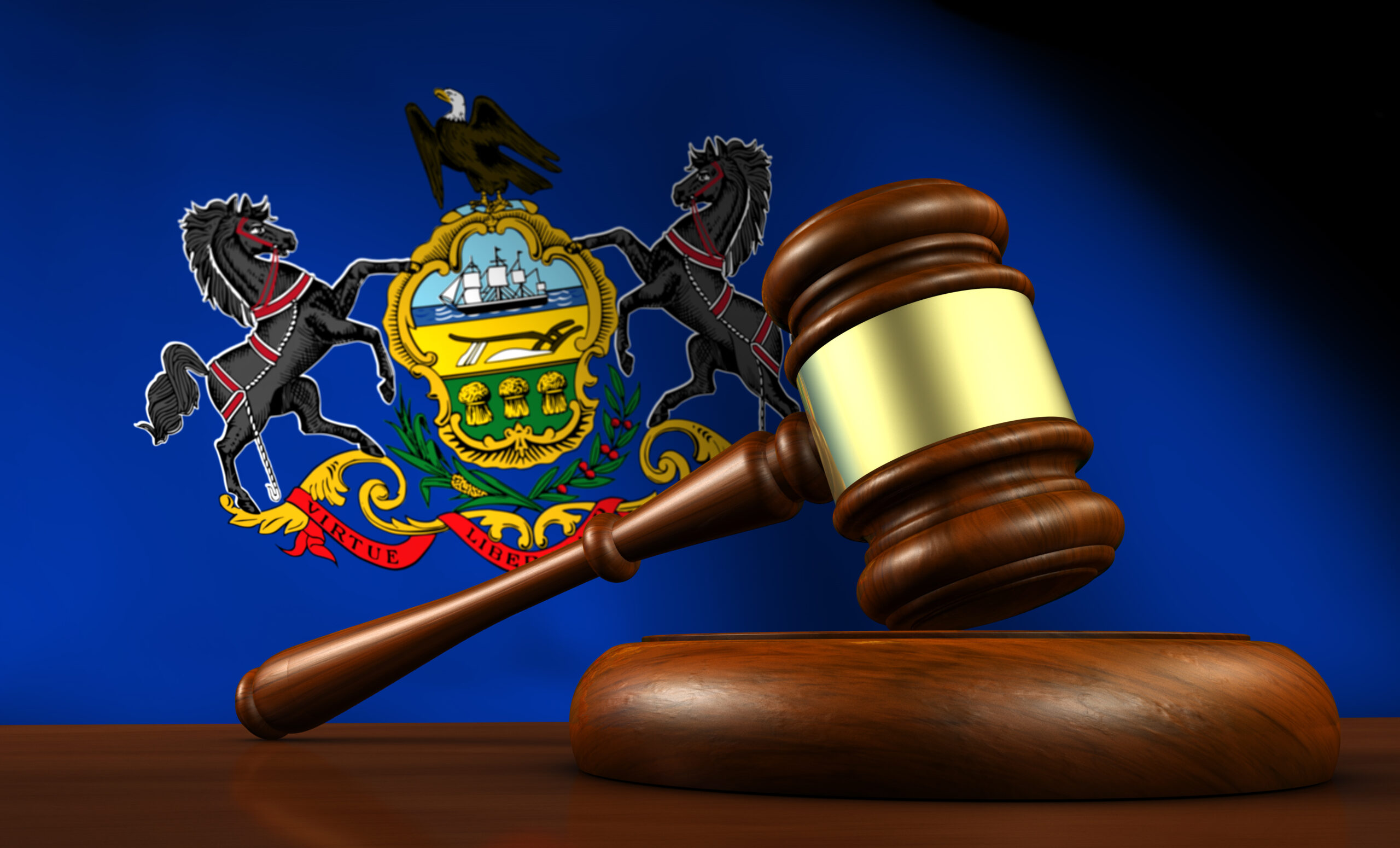Time and time again, the Miranda warning is included in television programs and films. When a person is arrested, that individual is “read his or her rights.” Consequently, the typical American is familiar with the general concept of Miranda rights. You very well may be in this category.
Nonetheless, despite exposure to the Miranda advisement via television and film, you may not fully understand what is involved in the warning. In fact, all U.S. citizens should generally appreciate the protections afforded by the Miranda warning.
History of the Miranda Warning
The advisement in question is called the Miranda Warning or Miranda Advisement because it stems from the 1966 U.S. Supreme Court of Miranda v. Arizona. The United States Supreme Court specifically ruled:
“The person in custody must, prior to interrogation, be clearly informed of the right to remain silent, and that anything the person says will be used against that person in court; the person must be clearly informed that he/she has the right to consult with an attorney and to have that attorney present during questioning, and that, if indigent, an attorney will be provided at no cost to represent that individual before questioning.”
The Miranda Warning or Miranda Advisement used across the United States has become standard fare, based upon the actual language of the U.S. Supreme Court decision in Miranda v. Arizona. The typical Miranda Warning reads as follows:
• You have the right to remain silent and refuse to respond to questions
• Anything you say may be used against you in a court of law.
• You have the right to consult an attorney before speaking to the police and to have an attorney present during questioning now or at any time in the future.
• If you cannot afford an attorney, one will be appointed for you before any questioning if you desire.
• If you decide to answer questions now without an attorney present, you will still have the right to stop answering at any time until you talk to an attorney.
• Knowing and understanding your rights as explained them to you, are you willing to answer my questions without an attorney present?
Failure to Properly Mirandize
If a law enforcement official fails to properly Mirandize a person, or present the Miranda Advisement, evidence collected through the questioning of that individual can be excluded from any trial or other proceedings associated with the case.






